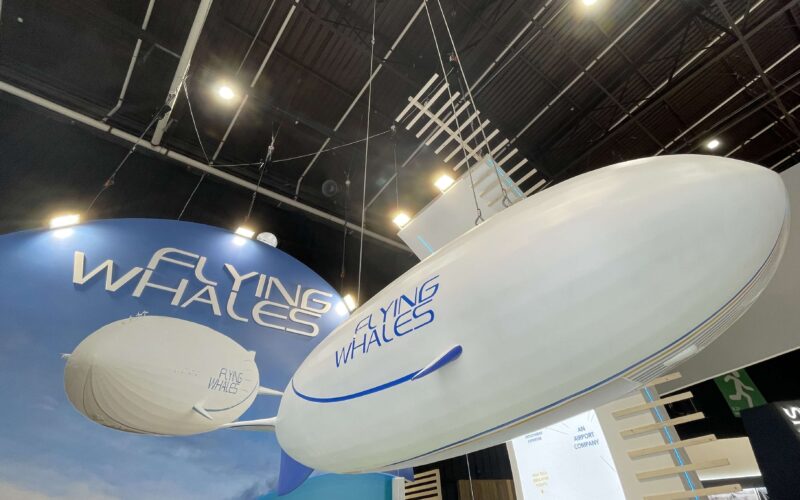Imagine an aircraft that can load and unload up to 60 tons of payload without ever needing to land. The aptly named French-Canadian company Flying Whales is building the largest aircraft in the world dedicated solely to cargo transportation. With no passengers on board, their airships promise to revolutionize the logistics industry and open up new possibilities for accessing remote locations.
Flying Whales has been working on this ambitious project for the past ten years, and they are now reaching the culmination of the engineering phase. Soon, they will transition into the industrial phase, bringing their vision to life.
The company is now making preparations to build the first final assembly line near Bordeaux, in the southwest of France. Additionally, a second final assembly line is planned in Quebec, as the government of the Canadian province is a shareholder in the company. Furthermore, Flying Whales is actively searching for a third location in the Asia Pacific region to establish another factory.
The financial investment required for such an ambitious undertaking is substantial. For their French facility alone, Flying Whales estimates an investment of approximately 100 million euros. To fund the project, they have secured support from a diverse range of sources. Public actors, including the governments of France, Monaco and Quebec have contributed, along with private partners such as DP, Air Liquide and a prominent French engineering group.
One question that inevitably arises when discussing airships is the choice of lifting gas. In the case of Flying Whales, the answer is helium, an inert gas that poses no safety concerns. Helium provides the necessary lift to keep these colossal airships airborne for extended periods.
But who are the potential customers for Flying Whales’ airships? The company has signed approximately 40 pre-agreements and commercial agreements with various players in different sectors. Among their collaborators are bodies from the wood and wind energy industries, where Flying Whales’ airships will be instrumental in transporting wind blades. They have also partnered with humanitarian organizations, such as welfare programs and the Red Cross, to provide vital transportation for humanitarian cargo in the aftermath of natural disasters. Aerospace companies are another key market, as airships offer an efficient means of satellite transport.

